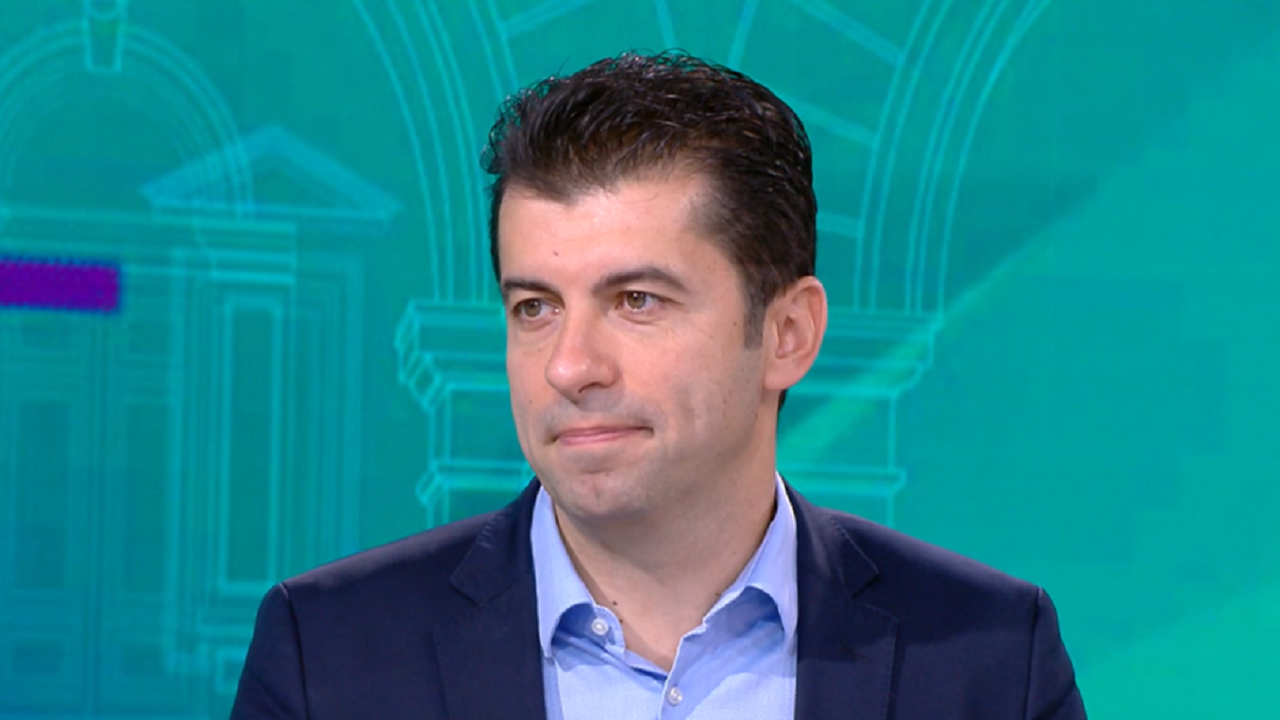Praised for his first movie, The beautiful kids, in 2009, Riad Sattouf saw its notoriety explode from 2014 with The Arab of the future, immersed in the Syria of his childhood before he moved to Brittany. The five volumes in the series have sold 2.5 million copies. His next comic, Esther’s notebooks , chronicle of the real life of a little girl, have attracted nearly a million copies.
While waiting for the continuation (in the spring for Esther and at the end of 2022 for The Arab of the future), the designer from Rennes publishes a new comic book on November 4. The young actor , which will have three volumes, come back to The beautiful kids to tell the story of Vincent Lacoste. Discovered by Riad Sattouf when he was a simple student in a difficult college, the actor now shoots alongside the greatest.
We received the author at the editorial office where he met three subscribers and commented on the news. Mischievous and available, Riad Sattouf also lent himself to the game of drawings on the spot, integrating, with his alert pencil, current events in a fictional film shoot, like his last comic. He staged there directing Vincent Lacoste. These original drawings are scattered throughout the pages of this issue of Sunday West-France.
From Pascal Brutal in 2006 to Esther from 2015, you like to describe society and its tics. Does the news inspire you?
News interests me, but I am a cartoonist, so I need several consecutive boxes and several pages to tell a story. I do few drawings in reaction to the news.
Are you more of an observer of reality, then?
I see my books as travelogues. I draw on reality to take my readers to worlds they do not know, in a fun and funny way. In The Arab of the future, it was in the Middle East; in Esther’s notebooks, it is in the land of little girls; and in The young actor, it is in the life of an anonymous young teenager who becomes a famous actor.
Do you read the press?
I read a lot of scientific press, Science and the future, For science, Social science… I find it enriching, exotic and very positive with regard to human beings: it gives confidence in the future to be interested in progress.
What do you think of the rise of the far right in France?
It is very serious but we must see what it echoes: there is immense poverty with 38 million people earning less than 2000 € net per month, according to the government. France looks for itself around its identity, on what it is to be French. But it is in France that there is the least racism in the world. I have traveled a lot and for me, it is the best country, with a freedom, a curiosity for the other. I love France.
How, with your dual identity, Syrian and French, did you experience the attack on Charlie Hebdo in 2015?
Like many designers, it was a terrible trauma. Being of many origins does not give me a special place. I was doing a comic book page in Charlie who was called The secret life of young people. I had left the journal to do Esther’s notebooks. But my legends were working on Charlie Hebdo. I learned to draw with Cabu by watching The Dorothée club.
Do you believe in God ?
Not at all, I am a deep atheist. I believe very strongly in Man and I believe that Man needs spirituality. I have my personal pantheon: I often think about what Hergé would say about my drawings, Truffaut about my films… Mœbius, Saint-Exupéry… But I believe that human beings need progress and take their destiny in hand.
What are the major challenges of tomorrow?
Equality between women and men: I do not understand that equal pay takes so long. And access for all to quality education. I have an incredible respect for the teachers, the difficulty of their work. We should give them more resources.
– .

